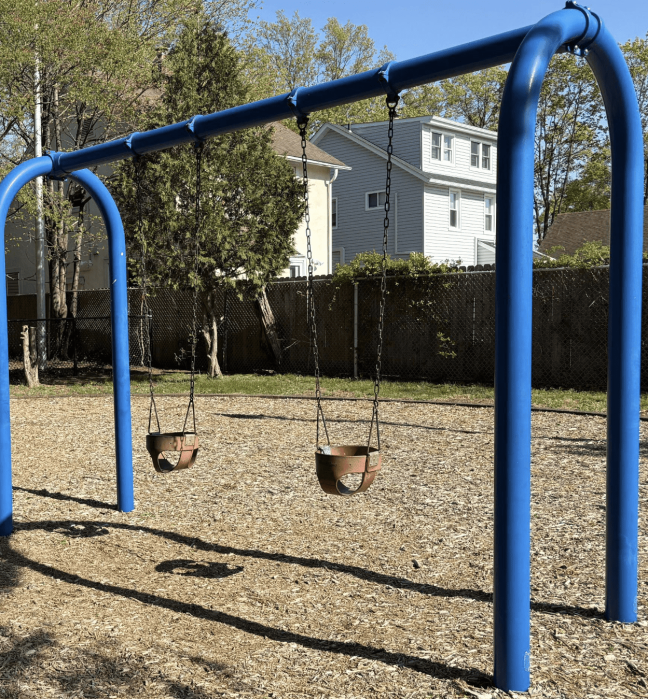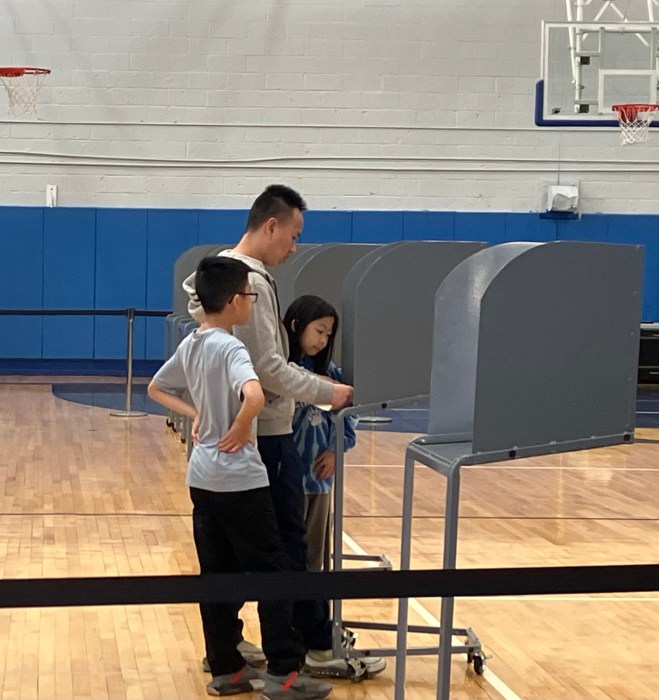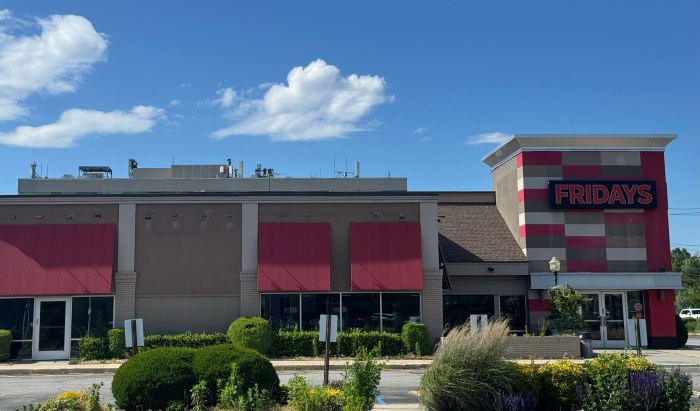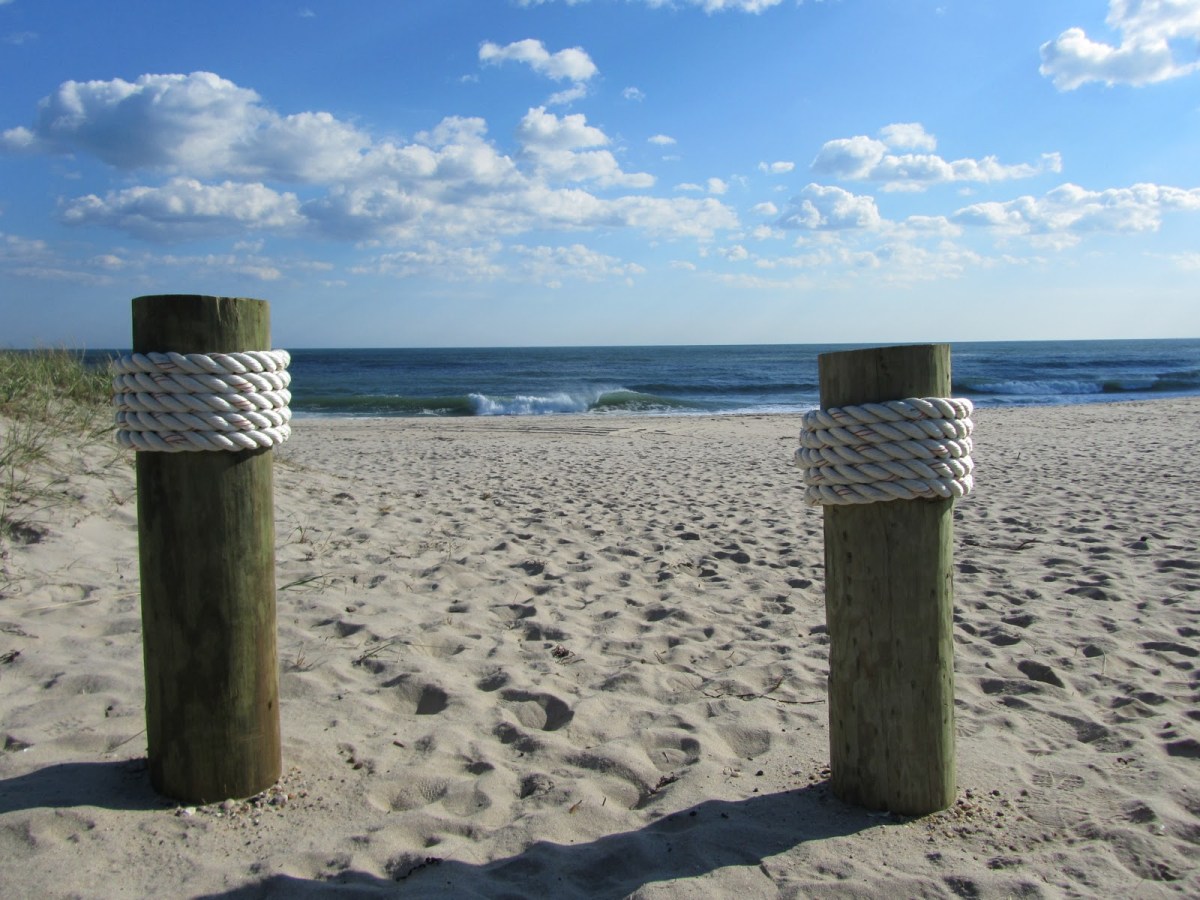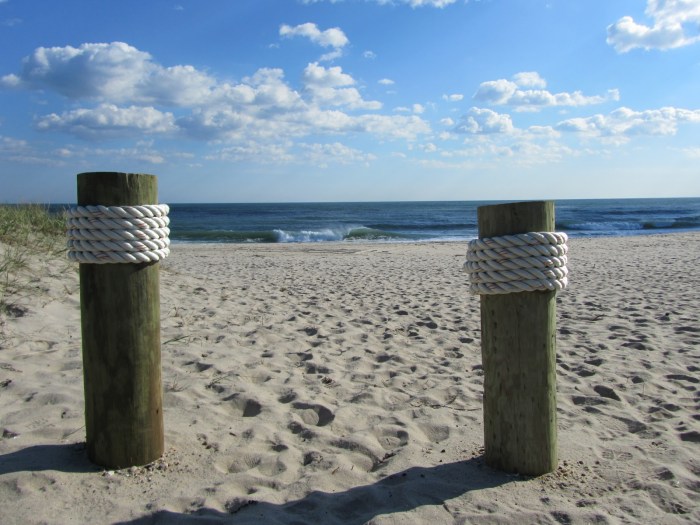The Village of Westbury amended its building code recently to ban residents from adding entrances or bathing facilities to their basements.
Senior building inspector Bill Mello says that as he was reviewing building cases and housing ordinances over the past few months, he found a “shocking” statistic.
“Most, approximately 75 percent, of the homes that have illegal basements or occupancies also have cellar stairways or entrances,” said Mello. “These cellar stairways make it more desirable to someone looking to rent their home or compartmentalize it for rental purposes. There’s definitely a correlation between a cellar entrance and illegal occupancy of a cellar.”
That correlation also exists between illegal occupancies and those who have a three piece bathroom—meaning a toilet, sink and tub or shower—in the basement or cellar. The new law specifically prohibits the addition of bathing facilities-such as a tub or shower-to basements.
“In the last five year, 69 percent of homes inspected that had cellar occupancy had a 3 piece bathroom in [that area],” said Mello. “It enhances the desirability to use the cellar as an inhabitable space.”
Westbury’s Village law prohibits cellar occupancies.
The new law does not apply to slop sinks or bar sinks in the basement. Nor does it affect residents who currently have a legal basement entrance or three-piece bathroom. However, if the village inspects someone’s home and finds a bathroom or outside entrance that was installed without the proper permits, the village will require them to remove it. It would also prohibit residents from adding on these features during new construction.
Over the last five years, the village has taken numerous steps to fight illegal housing in the community, including raising fines for offenders, increasing building department personnel, and using search warrants and conducting housing sweeps more often to get into homes suspected of illegal occupancy. Village mayor Peter Cavallaro said that while reviewing the building code, allowing outside entrances and showering facilities in the basement was “inconsistent” with their current initiatives.
“I view this as an extension of other housing initiatives we’ve taken to tighten up our code and eliminate something that lends itself to facilitating people who want to buy homes as an absentee landlord and run them as rooming houses,” said Cavallaro.
The Town of North Hempstead has had a similar law in place in the New Cassel Overlay District since 2006. However those restrictions, which include banning outside entrances and three-piece bathrooms in the basement among other regulations, were reconsidered last year. Councilwoman Viviana Russell proposed easing the Overlay District in an effort to make the town code more uniform; however, the proposal was met with opposition from residents and school officials who said lifting those restrictions would just invite illegal housing—which is exactly what the law was put in place to fight.
The town formed a committee made up of community, school and town leaders to research whether lifting the restriction would be beneficial, and Russell says that the town is still reviewing whether or not to lift the overlay.




